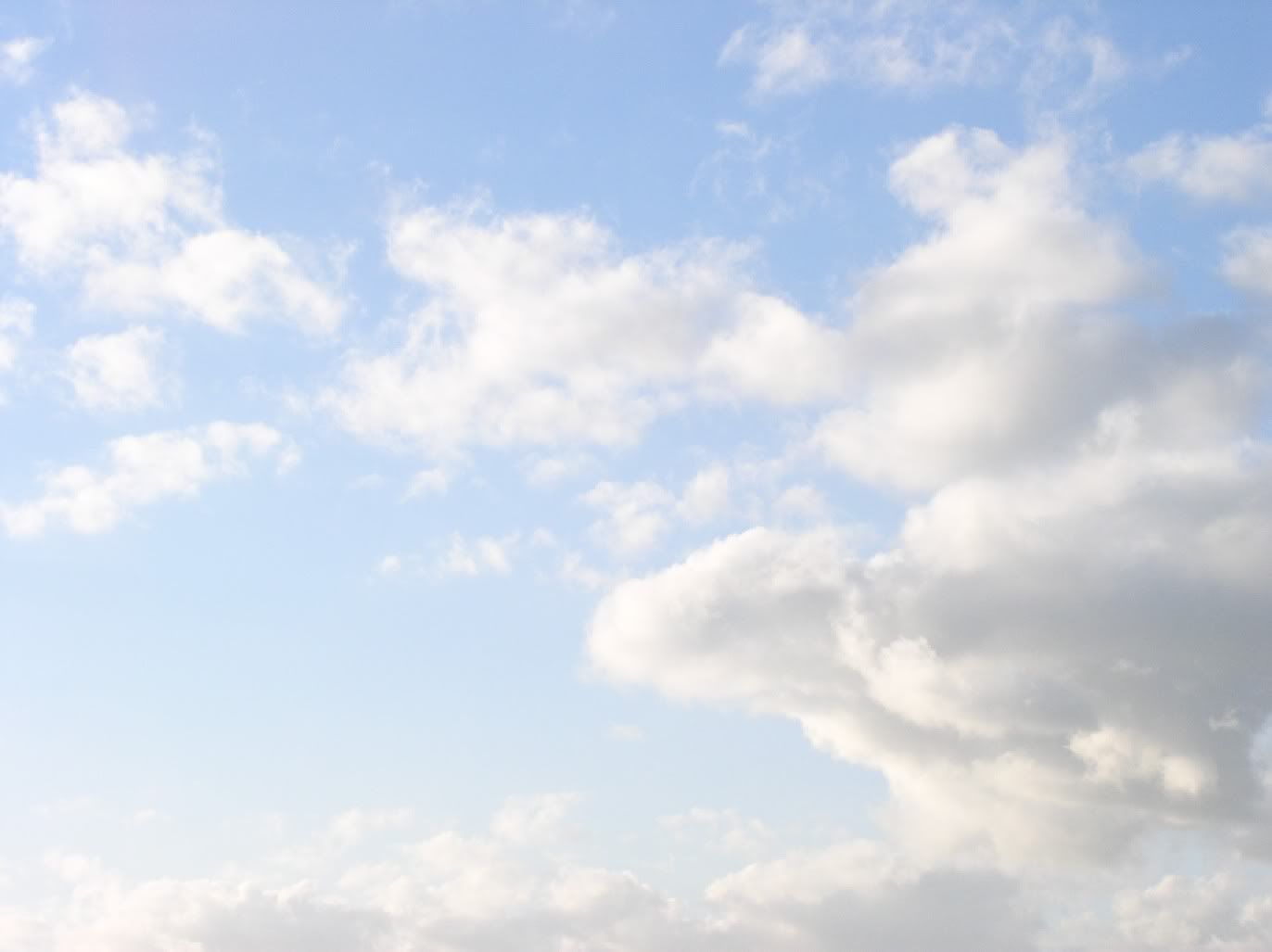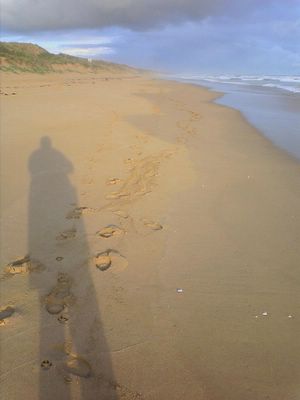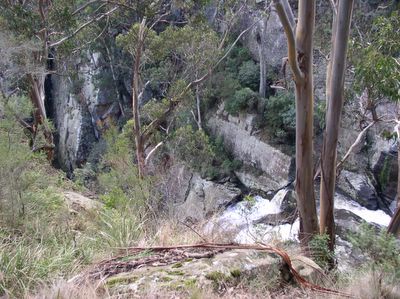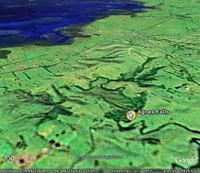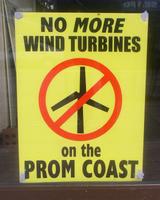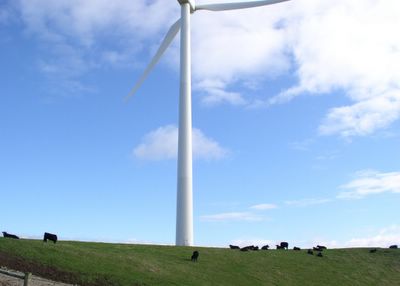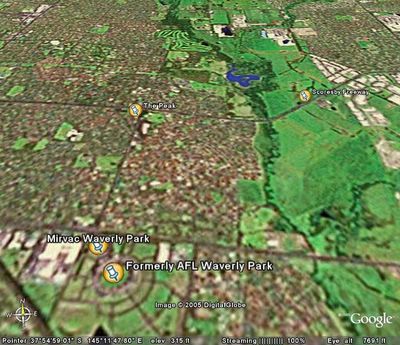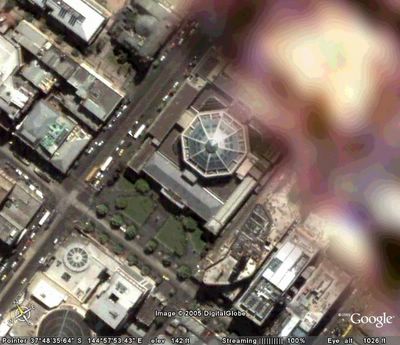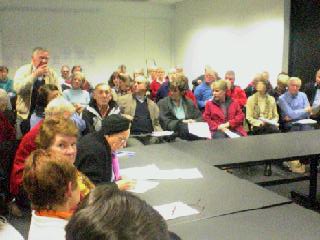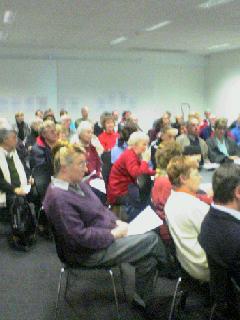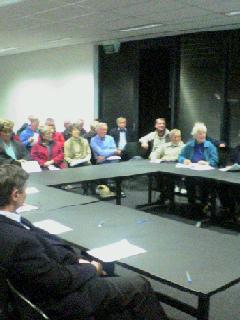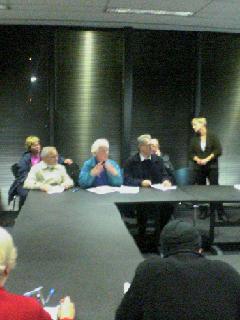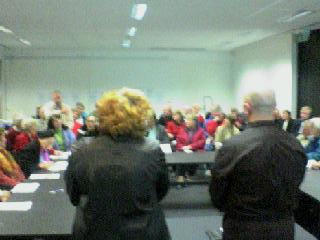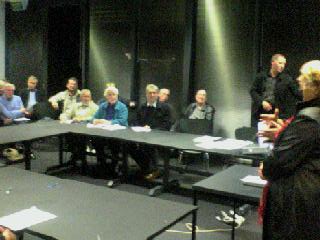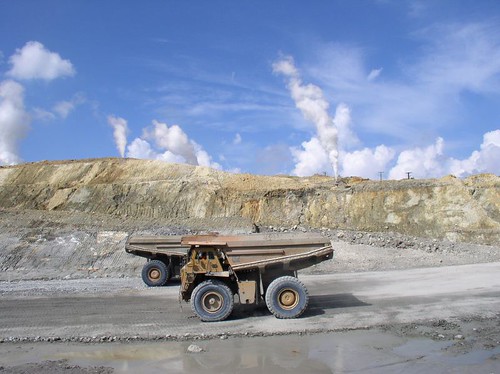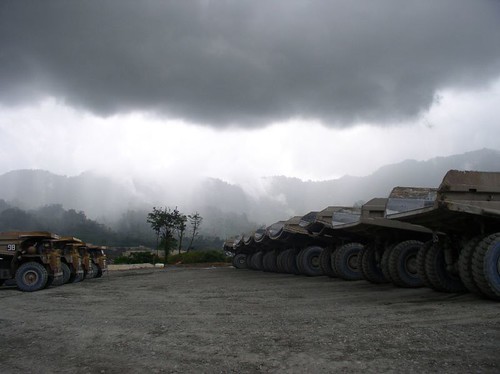
Norm: Hi Alvin what’s up?
Alvin: Hope you don’t mind me interrupting
Norm: No, what are you looking for?
Alvin: Well some advice on the camera I buy next.
Norm: “Next!”
Alvin: Well my 5megapixel digital is nearly 9 months old and it doesn’t have GPS
Norm: How sad, but if you had of really read my blog, you would know I don’t have a GPS in my camera (which is much older than 9 months by the way) and I never written camera reviews
Alvin: I still think a camera with GPS to automatically geotag my photos would be WAY cool.
Norm: To do the geotagging I use the net to get the geotag positions and google earth, if you are on the net and have broadband they are free.
Alvin: Who doesn’t have broadband?
Norm: (changing subject) Do you read my blog regularly
Alvin: Intermitently more than regularly…. I loved the Photo Project posts you used to do
Norm: So you’d like more of them?
Alvin: Definitely
Alvin now has his own blog meet the people


